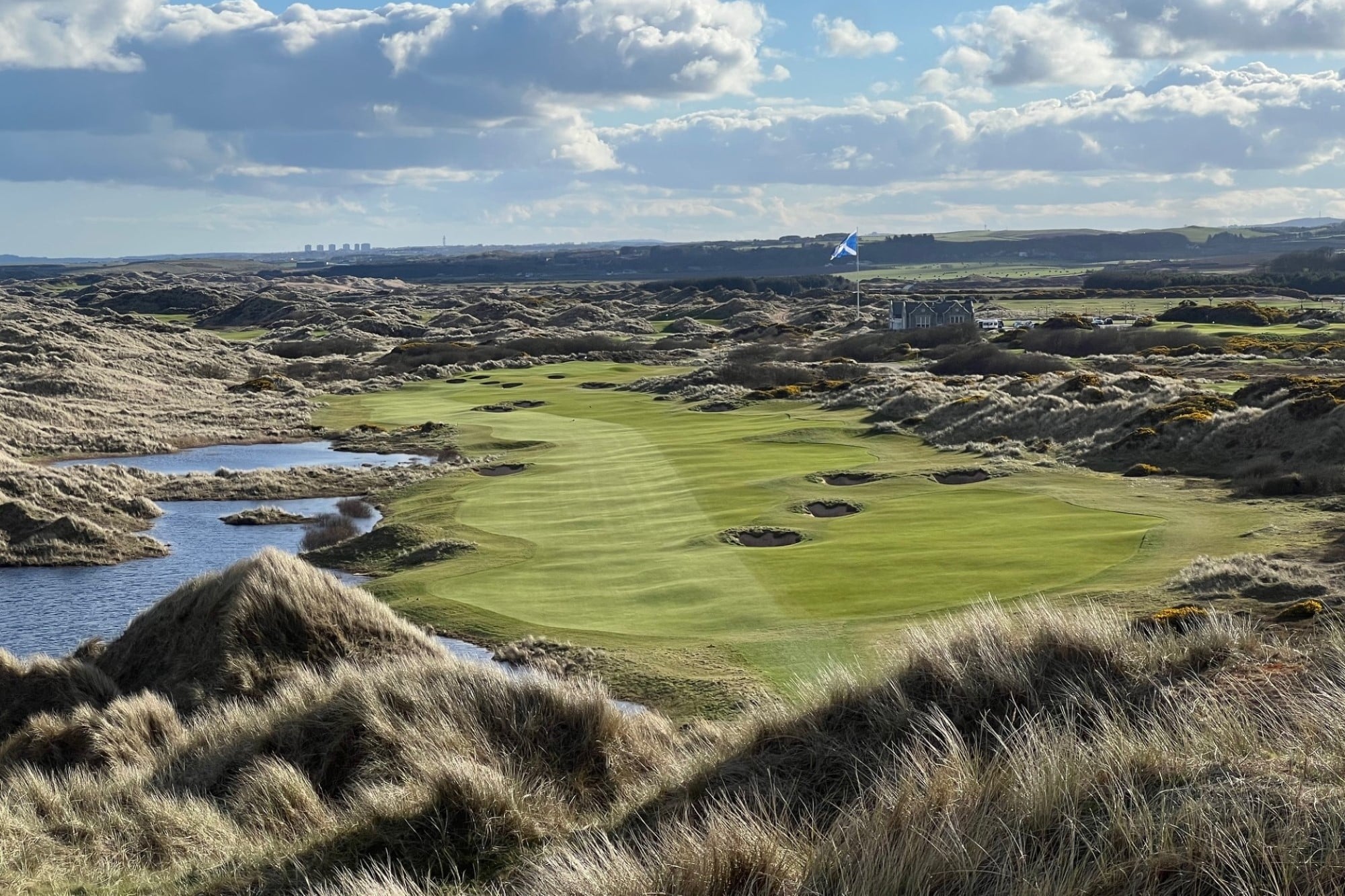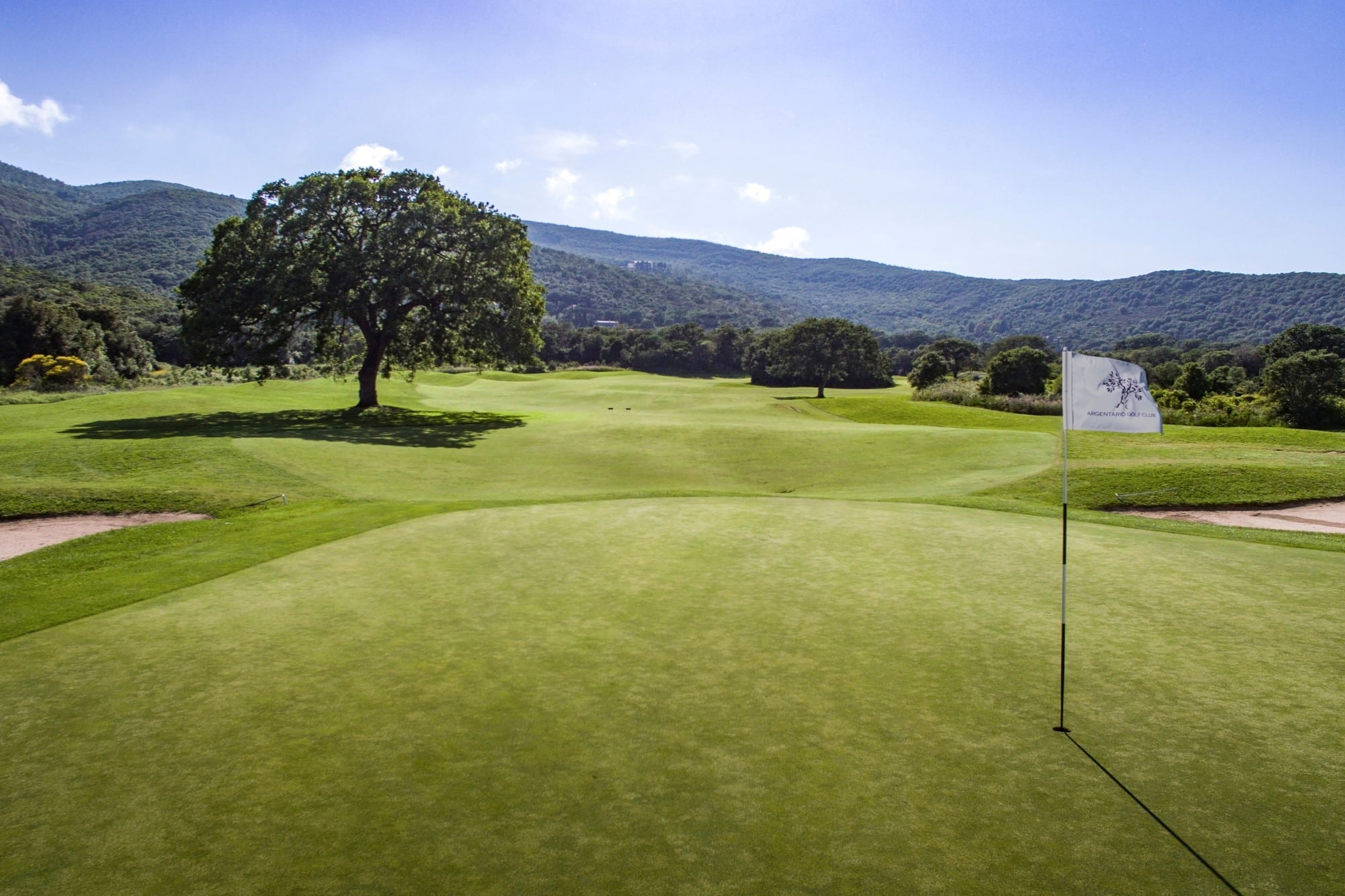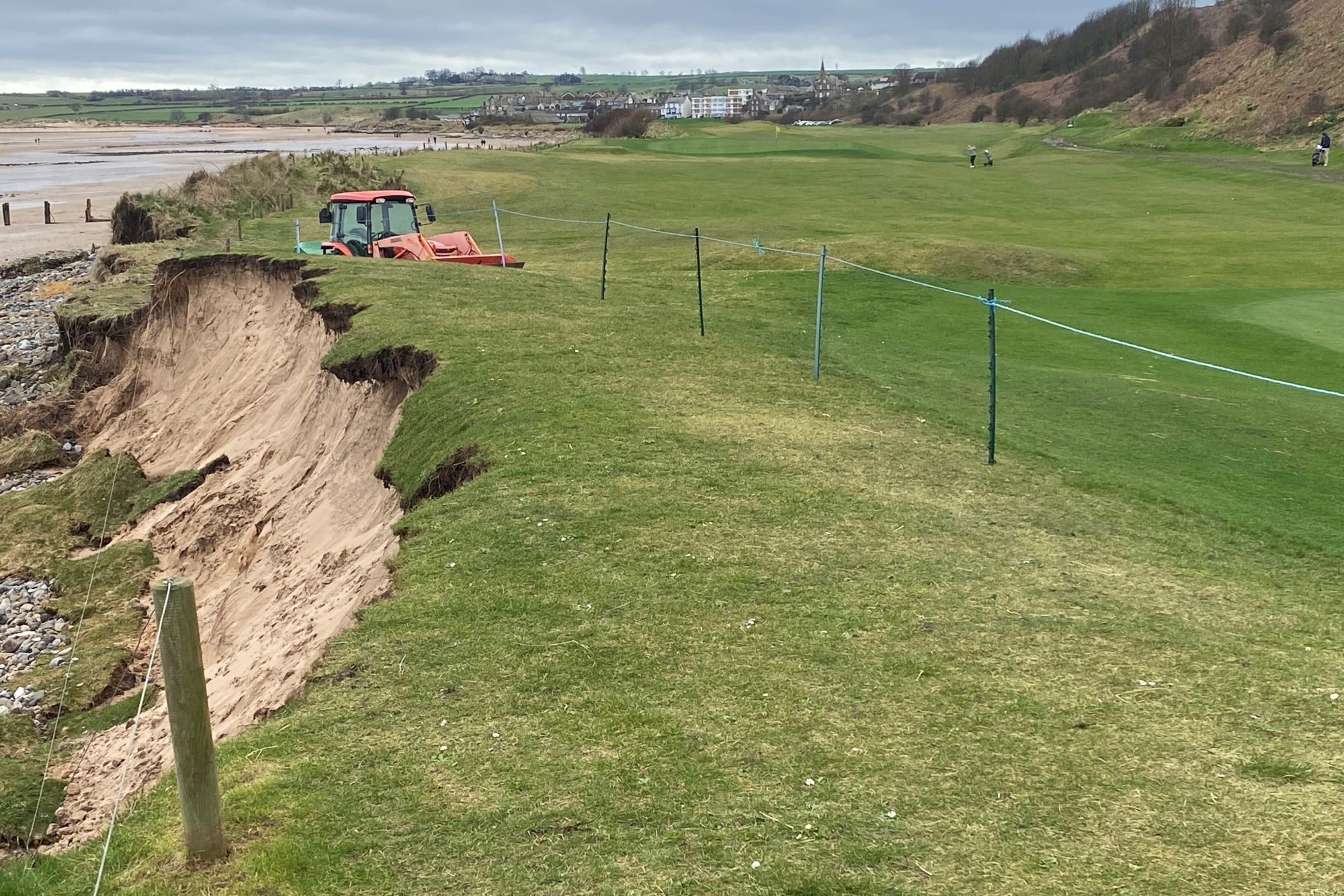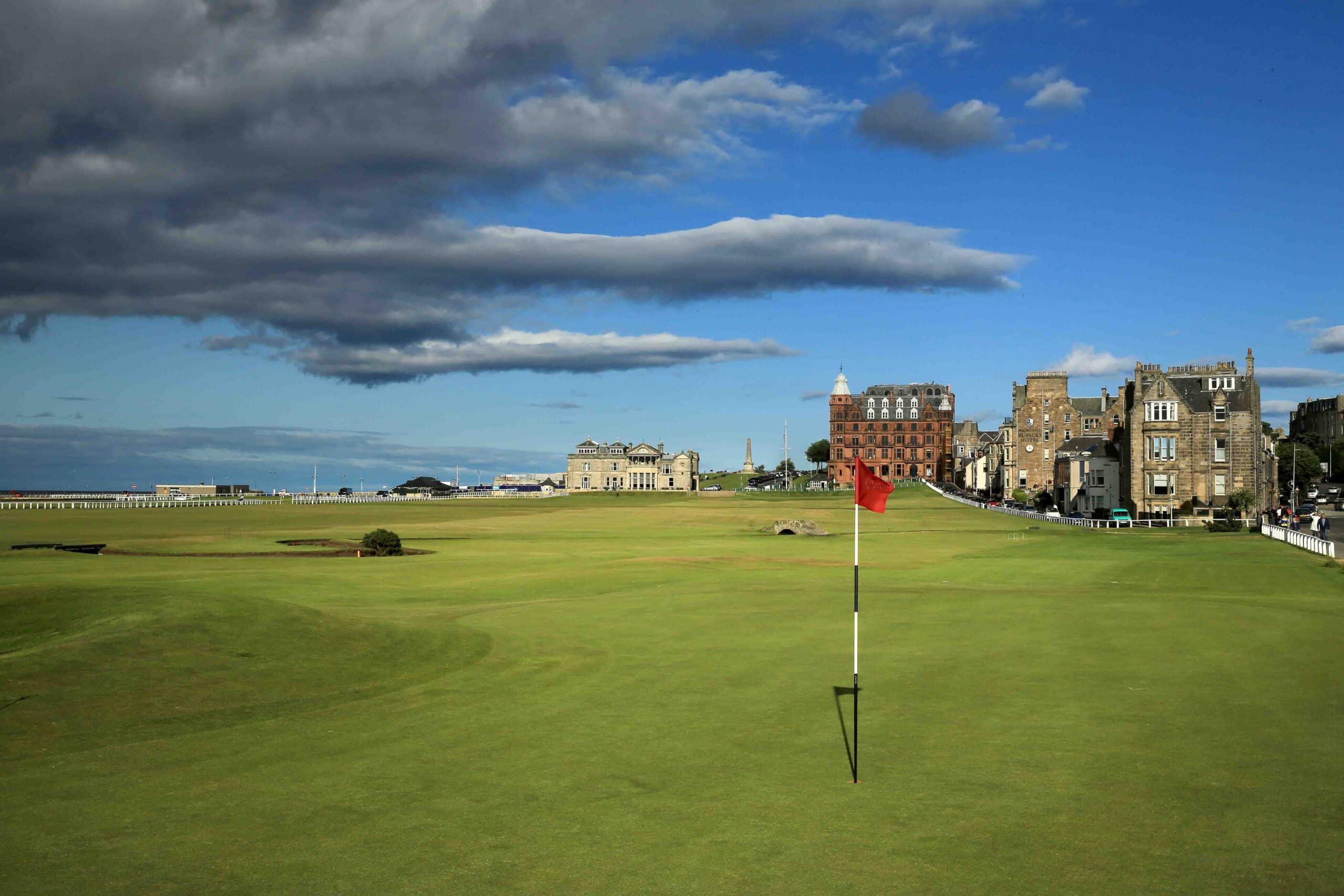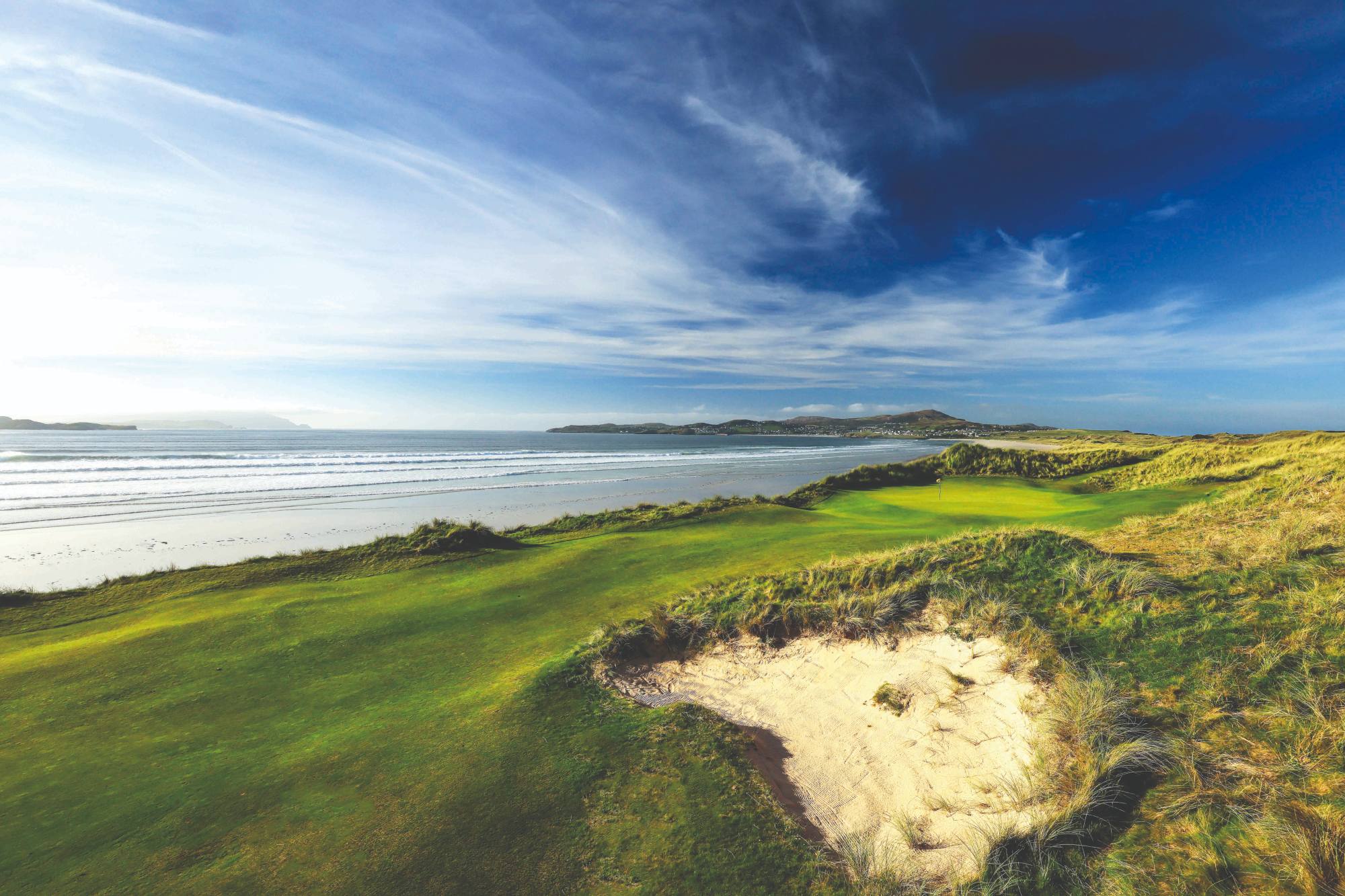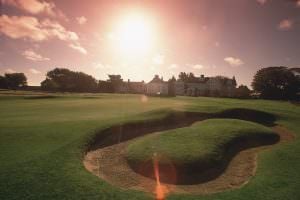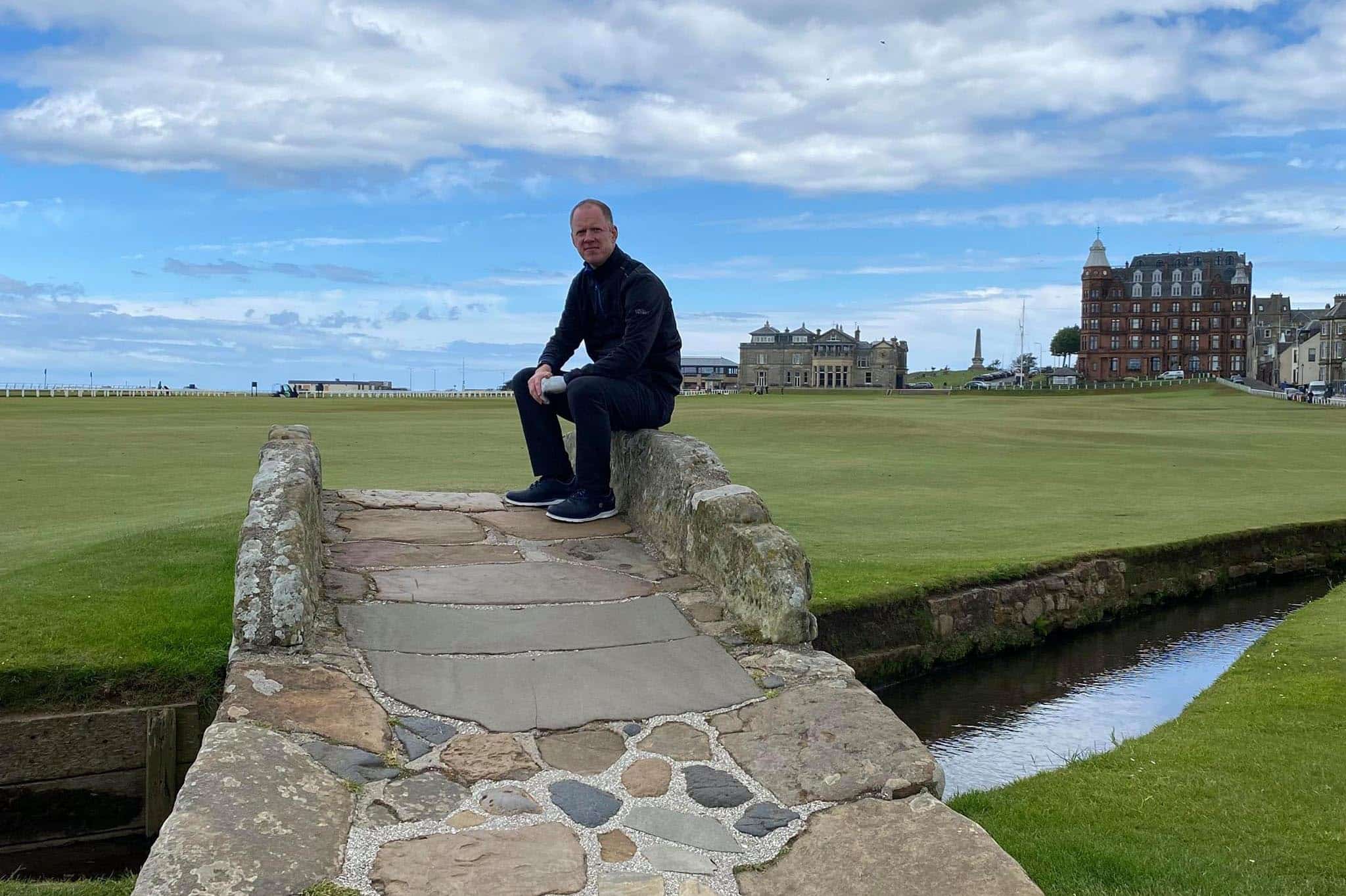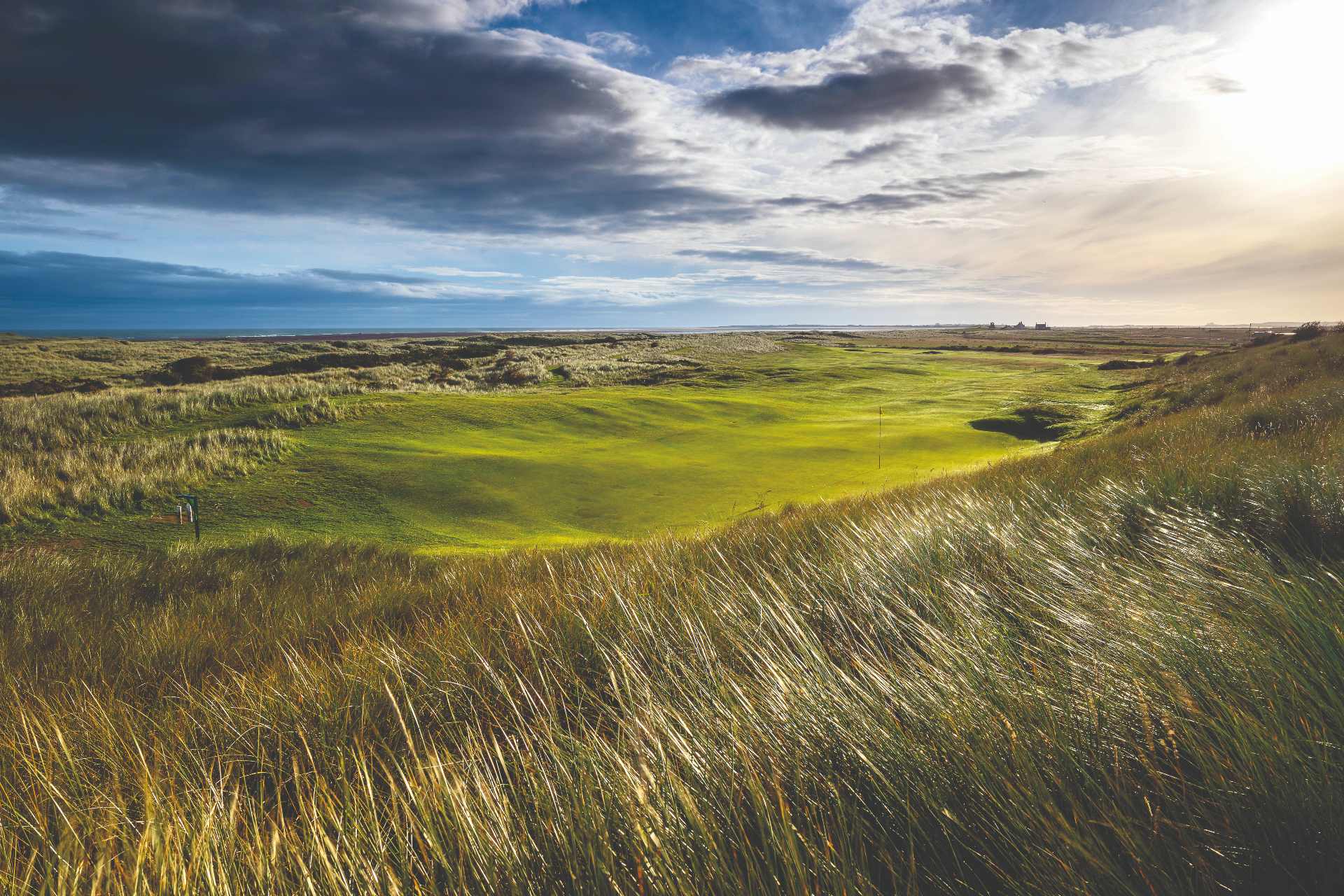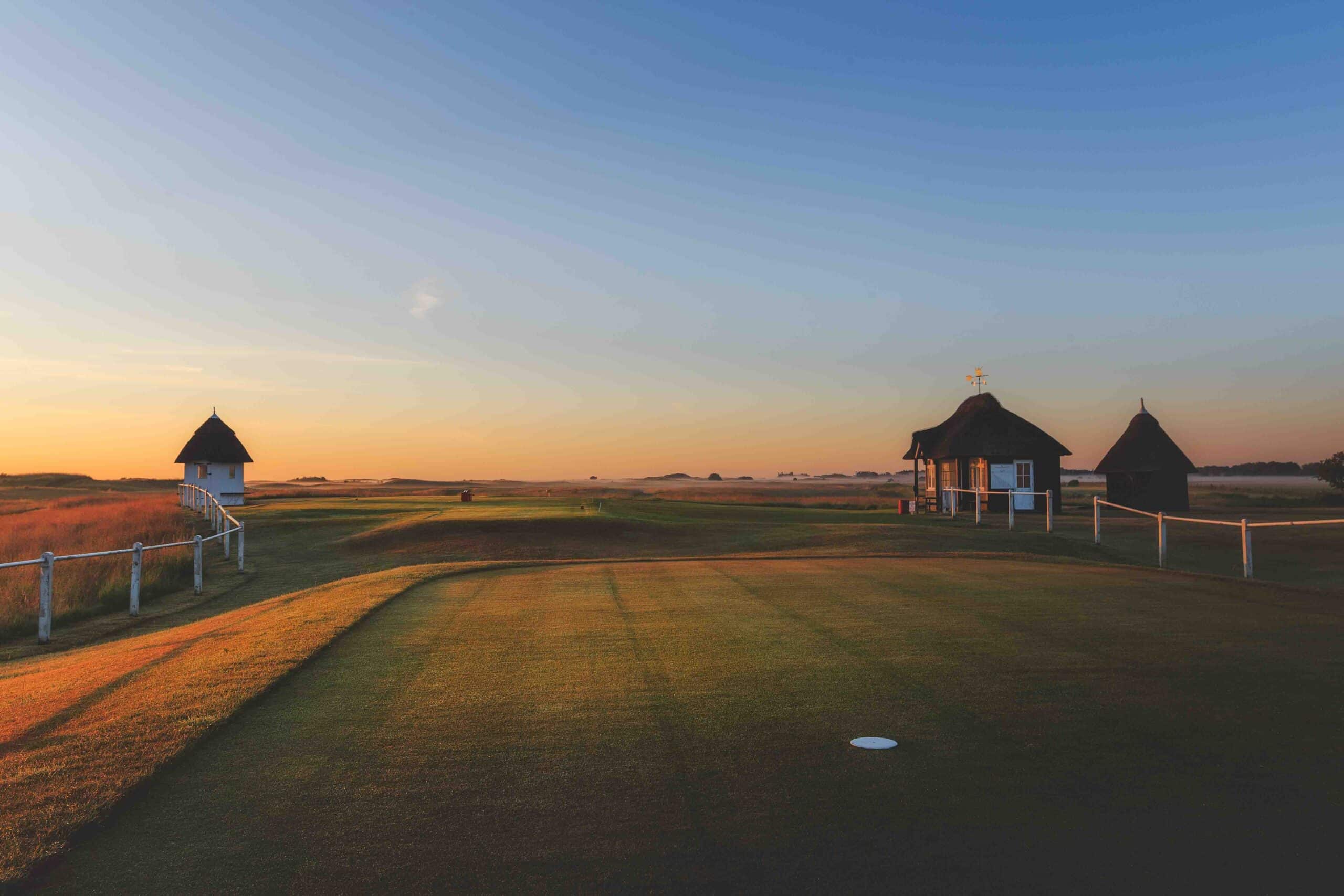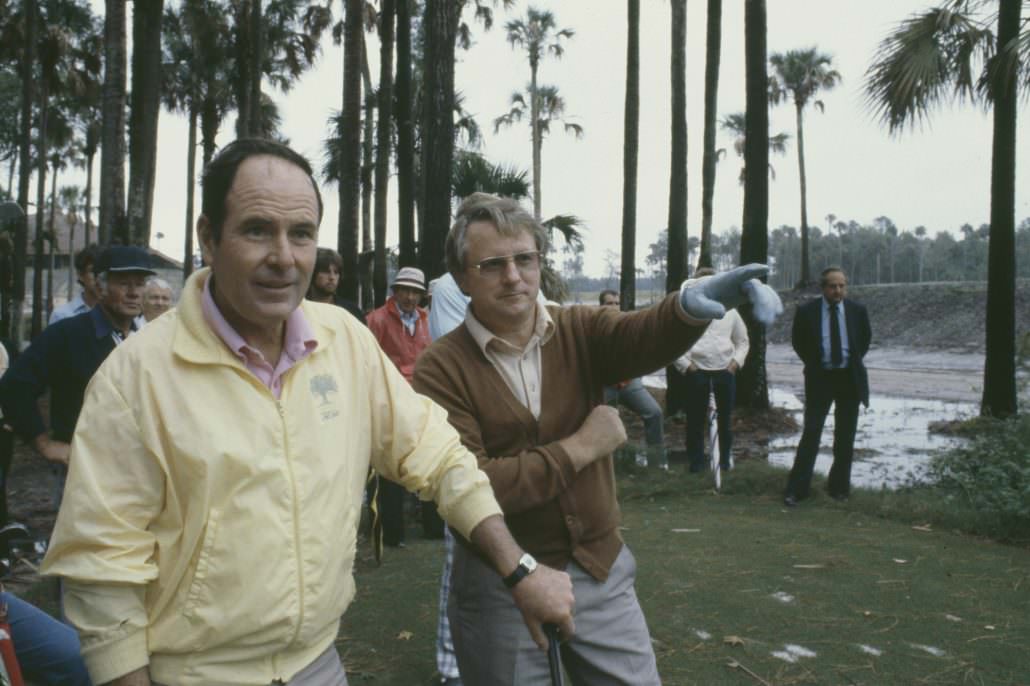
Remembering Pete Dye: 1925-2020
You could say many things about a Pete Dye course – but ordinary would never be one. His imagination wowed and vexed professionals and amateurs alike, his layouts loved for their challenge while feared for their daunting difficulty.
As the golf world mourns his passing, at the age of 94, his legacy will live on at TPC Sawgrass, the Ocean Course at Kiawah Island and Whistling Straits to name but three.
You could mention so many more.
“Pete Dye left an imprint on the world of golf that will be experienced for generations, painting wonderful pictures with the land that continue to inspire, entertain and challenge us,” said PGA of America president Suzy Whaley in tribute.
“Pete and his late wife Alice formed the greatest force in golf design history. The Dye family will forever be linked to many of the thrilling championships in PGA history and for something that they intended all along – that we embrace golf’s life values.”
Born in Ohio, in 1925, Dye served during the Second World War and met Alice after the conflict when attending Rollins College, in Florida. It was a marriage that would last 68 years, until her death last February at 91.
Their design career began in 1959 and would span more than six decades and over 100 courses.
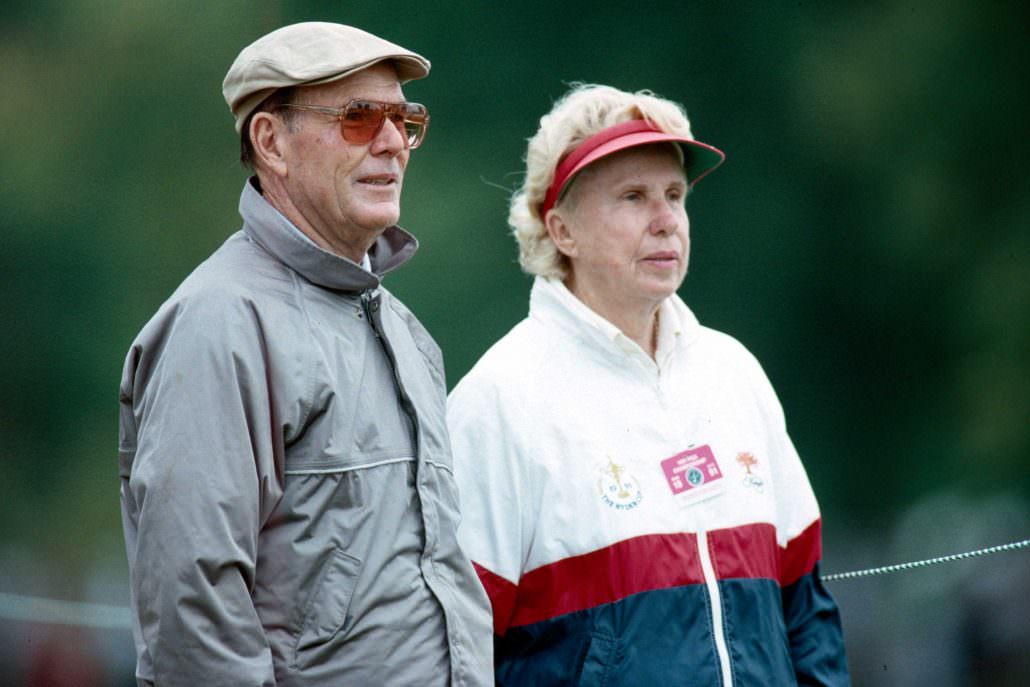
It was a trip to Scotland, in 1963, that would prove pivotal in their philosophy – Dye dazzled during a month of studying some of the classic layouts by the irregular shapes and sizes of bunkers, as well as the railroad ties that would become such a feature of his later designs.
Crooked Stick, in Indianapolis, and Harbour Town Golf Links, which he designed in tandem with Jack Nicklaus, would spectacularly reflect that tactical ethos.
But it is TPC Sawgrass, in Florida, constructed as the new home of the PGA Tour and Players Championship in the late 1970s and early 1980s, that would come to define his life’s work.
There he would, in tandem with project manager Vernon Kelly, carve out the course within an inhospitable climate of rattlesnakes and underbrush so thick it could only be subdued with a machete.
Kelly was initially nervous on meeting the great man, but his caution would melt into great affection.
“I’d heard all these rumours about Pete Dye and how he was unmanageable, how he was a genius but didn’t like project managers,” he told NCG.
“But there was never a cross word. Of all the name architects I worked with, and I was fortunate enough to work with all of them, Pete Dye was, frankly, the easiest.
“Pete and Alice are, and were, wonderful people. It wasn’t just their talent. They would do projects where there would be a labourer – some kid that was working in a menial job on the golf course and didn’t have any money.
“His family didn’t have any money. He just loved golf. Pete would notice him, or Alice would notice him.
“Lo and behold he’d end up living in their house while they finished the golf course. Then they’d send him to school on a scholarship.
“Nobody would ever know about it because it was all done anonymously. That happened numerous times.
“That’s the kind of people they were.”
It’s perhaps an irony that the most famous creation, the ‘island’ 17th at Sawgrass, was something of an accident – suggested to Pete by Alice as way of solving a huge hole in the ground.
“We didn’t have the money to buy sand,” explained Kelly. “So when you see lakes on the golf course it’s because that’s where the sand was.
“There just happened to be a lot of sand right where 17 is. Originally, 17 was supposed to be a par 3 hole that ran alongside a relatively small lake.
“But that lake just kept getting bigger and bigger as we needed more sand. So there was no choice. It was either have a 17-hole golf course or an island green.
“I don’t think Deane (Beman, PGA Tour commissioner at the time) or Alice, or anybody, thought the 17th hole would be as challenging to the pros as it turned out because it’s relatively short.”
It was a par 3 that in its early days was endured rather than loved but Dye was largely unmoved by the protestations of those who found his work too taxing.
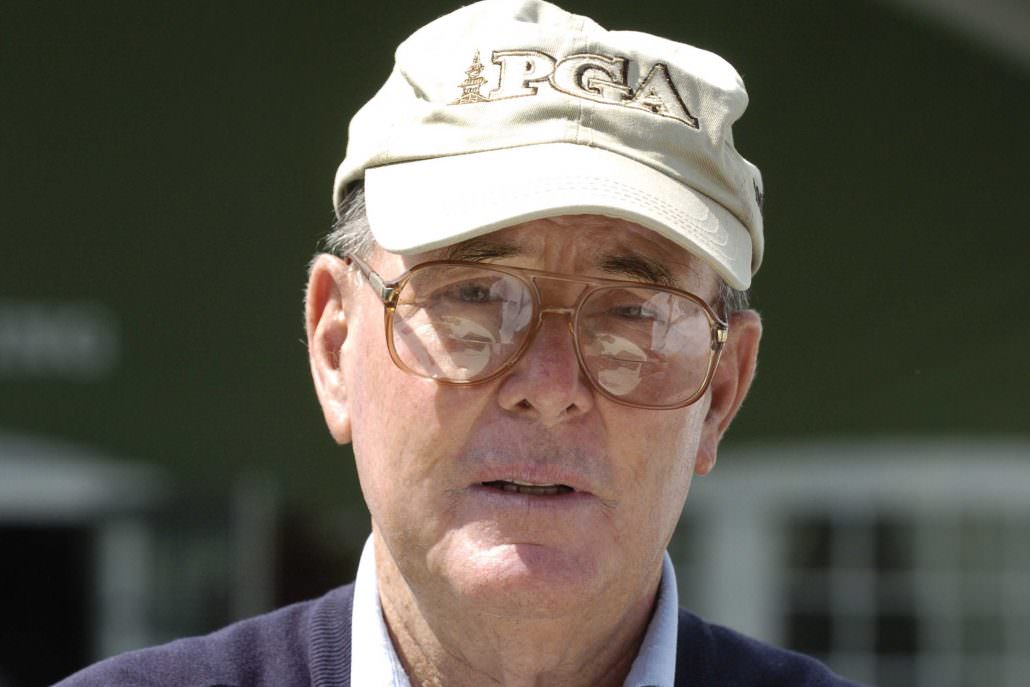
“Golf is not a fair game, so why build a course fair?” he said when once asked about his intimidating monument.
But his design ethos, which saw him elected to the World Golf Hall of Fame in 2008, will live on.
“Pete’s influence is far-reaching, leaving a global impact on both the amateur and professional games,” said PGA Tour commissioner Jay Monahan.
“Pete, though, was always quick to credit his beloved wife, Alice, with his success, including the concept for his most famous hole, the 17th island green at TPC Sawgrass.
“Together, Pete and Alice made a formidable team in golf and life, and with sons Perry and PB, themselves successful course architects, they are recognized as one of the most accomplished families in golf.
“Our thoughts and prayers go out to the entire Dye family.”
How many of Pete Dye’s courses have you played? Why not leave your comments on his designs below or tweet me.
Steve Carroll

A journalist for 25 years, Steve has been immersed in club golf for almost as long. A former club captain, he has passed the Level 3 Rules of Golf exam with distinction having attended the R&A's prestigious Tournament Administrators and Referees Seminar.
Steve has officiated at a host of high-profile tournaments, including Open Regional Qualifying, PGA Fourball Championship, English Men's Senior Amateur, and the North of England Amateur Championship. In 2023, he made his international debut as part of the team that refereed England vs Switzerland U16 girls.
A part of NCG's Top 100s panel, Steve has a particular love of links golf and is frantically trying to restore his single-figure handicap. He currently floats at around 11.
Steve plays at Close House, in Newcastle, and York GC, where he is a member of the club's matches and competitions committee and referees the annual 36-hole scratch York Rose Bowl.
Having studied history at Newcastle University, he became a journalist having passed his NTCJ exams at Darlington College of Technology.
What's in Steve's bag: TaylorMade Stealth 2 driver, 3-wood, and hybrids; TaylorMade Stealth 2 irons; TaylorMade Hi-Toe, Ping ChipR, Sik Putter.


